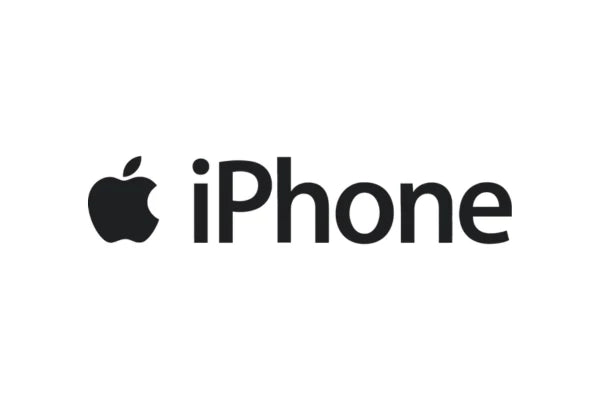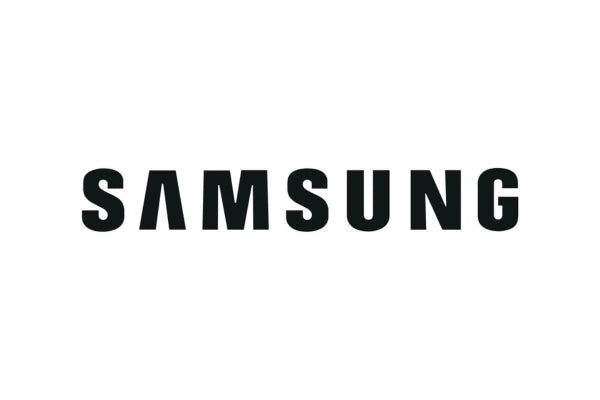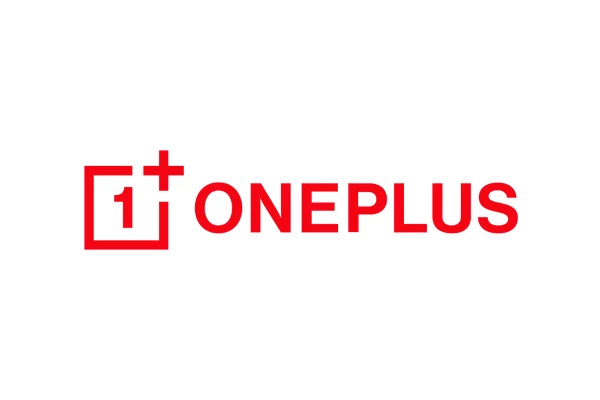
Comparing Different Operating Systems: An In-Depth Analysis
Share
In the realm of technology, the choice of an operating system (OS) plays a pivotal role in determining the functionality and user experience of a device. With an array of operating systems available in the market, each catering to specific needs, it's essential to understand the nuances that set them apart. In this comprehensive article, we embark on a journey of "Comparing Different Operating Systems," shedding light on their features, advantages, and drawbacks.
Introduction
Operating systems serve as the backbone of our digital devices, whether it's a personal computer, smartphone, or tablet. They dictate how we interact with our devices and impact our productivity and creativity. Let's dive into the world of operating systems.
The Significance of Choosing the Right OS
We kick off our exploration by emphasizing the importance of selecting the most suitable operating system for your needs. Different tasks require different OS capabilities.
The Evolution of Operating Systems
Understanding the history of operating systems helps us appreciate their development and how far they've come since the early days of computing.
The Battle of the Titans
In this section, we focus on the most prominent operating systems that dominate the market, providing a detailed comparison of their features and functionalities.
Windows OS
As the most widely used desktop operating system globally, Windows OS offers a user-friendly interface, extensive software compatibility, and a vast user base. We delve into its strengths and weaknesses.
macOS
Apple's macOS, known for its sleek design and seamless integration with Apple devices, caters primarily to creative professionals. We examine its unique features and how it differs from Windows.
Linux
Linux, an open-source OS, offers unparalleled customization and security. We explore the diverse world of Linux distributions and their suitability for various users.
Android
Android, the reigning champion in the mobile OS arena, powers a majority of smartphones and tablets worldwide. We dissect its strengths and its role in the mobile ecosystem.
iOS
iOS, exclusively found on Apple devices, boasts a reputation for security and a curated app store. We delve into its user experience and how it caters to Apple enthusiasts.
Specialized Operating Systems
Apart from the mainstream OS options, there are specialized operating systems designed for specific purposes. We shed light on a few noteworthy ones.
Chrome OS
Designed for simplicity and speed, Chrome OS is ideal for users heavily reliant on web-based applications and services. We explore its efficiency.
Ubuntu
Ubuntu, a Linux distribution, offers a balance between user-friendliness and customization. We discuss its growing popularity in both desktop and server environments.
Tizen OS
Developed by Samsung, Tizen OS is gaining traction in smart TVs and wearables. We assess its potential in the Internet of Things (IoT) ecosystem.
KaiOS
KaiOS caters to feature phones and low-end smartphones. We highlight its role in providing internet access to emerging markets.
FAQs on Operating Systems
- What factors should I consider when choosing an operating system for my computer?
Consider your specific needs, such as software compatibility, user interface preference, and hardware requirements.
- Is Linux suitable for beginners?
Certain Linux distributions, like Ubuntu, are designed with beginners in mind, offering user-friendly interfaces and extensive online support.
- Can I switch from one operating system to another without losing data?
Switching between operating systems may require data backup and migration, as compatibility varies between OSs.
- Which operating system is the most secure?
Linux is often cited as one of the most secure operating systems, thanks to its open-source nature and active developer community.
- Can I install Windows on a Mac computer or vice versa?
Yes, you can use methods like Boot Camp (for Mac) or virtualization software to run multiple operating systems on a single device.
- Are there alternative operating systems for smartphones besides Android and iOS?
While Android and iOS dominate the smartphone market, alternative OSs like Sailfish OS and LineageOS offer unique features for those seeking alternatives.
Conclusion
In conclusion, choosing the right operating system is a critical decision that significantly impacts your digital experience. "Comparing Different Operating Systems" has provided an in-depth analysis of various OS options, helping you make an informed choice based on your preferences and requirements. Whether you prioritize customization, security, or user-friendliness, there's an operating system tailored to meet your needs. Stay informed, explore your options, and embrace the OS that enhances your digital journey.



